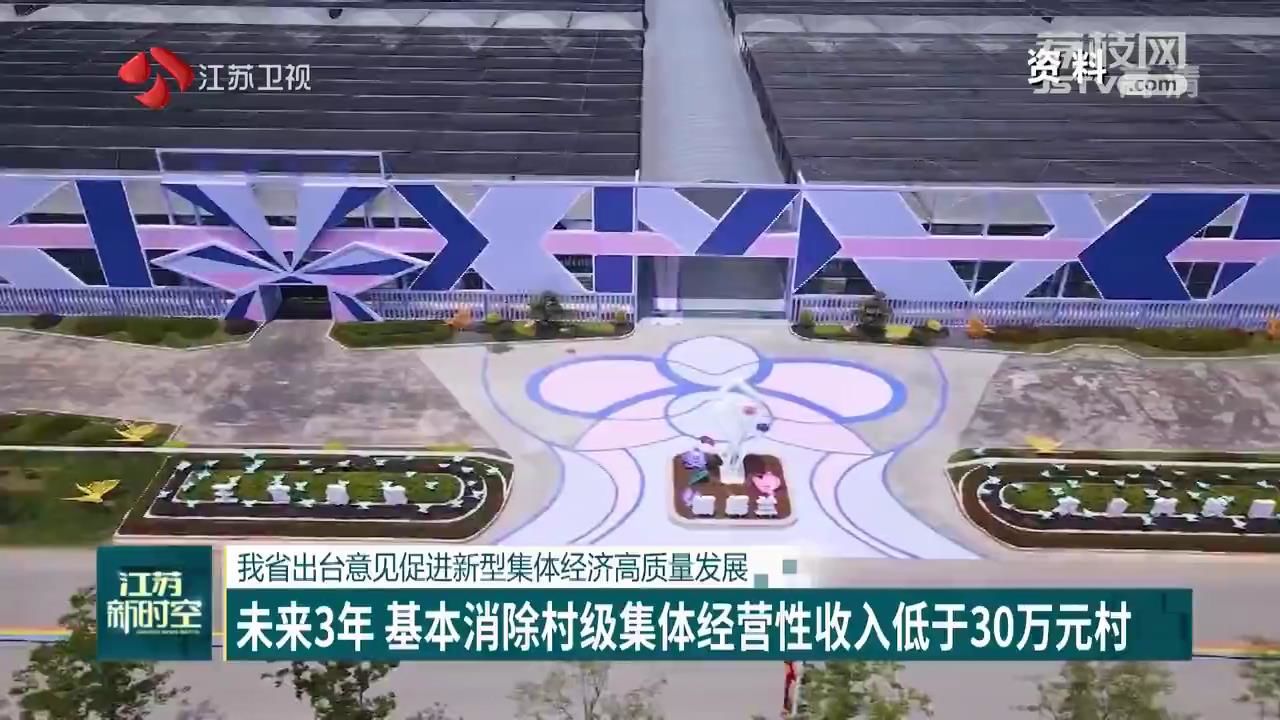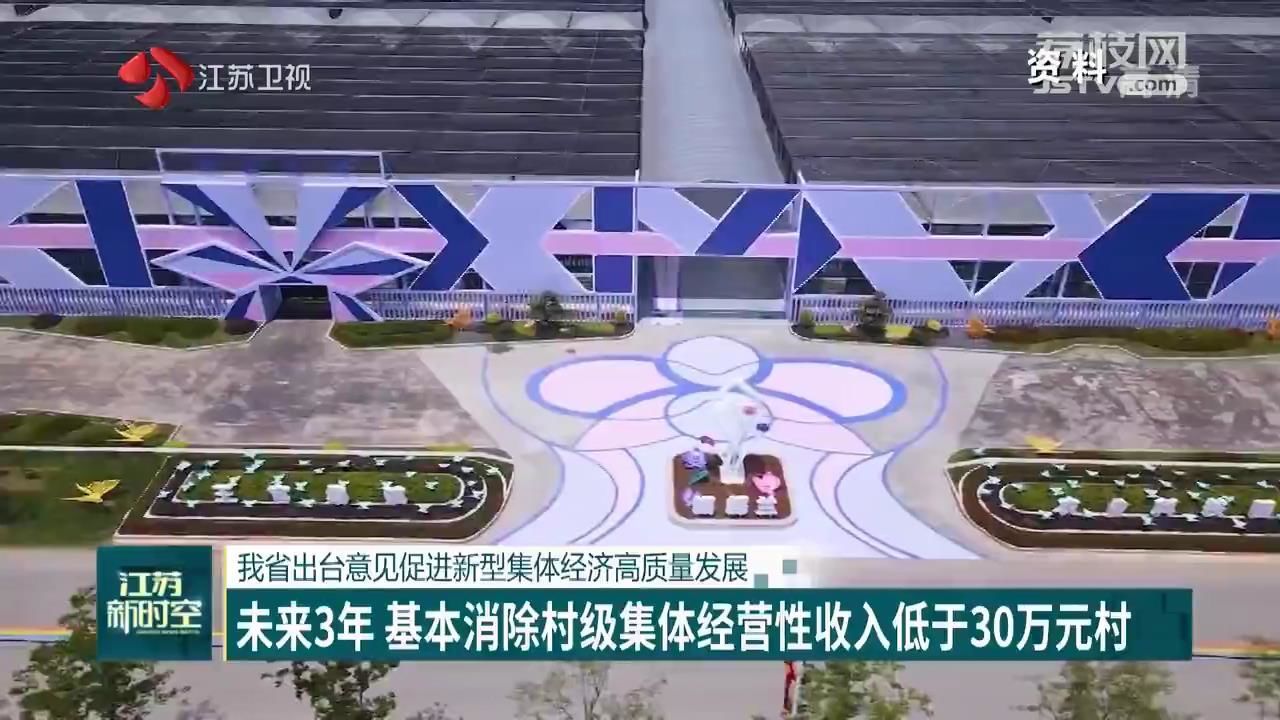East China’s Jiangsu province will continue to deepen the reform of the rural collective property rights system, and strive to ensure that the collective operating income of all the villages in the province will reach no less than 300 thousand yuan per year by the end of 2025, according to the Opinions on Further Strengthening the Supervision and Management of Rural Collective Assets and Promoting the High-quality Development of the New Collective Economy recently issued by the General Office of the Jiangsu Provincial Government.

According to the "Opinions", Jiangsu will develop and strengthen the new rural collective economy, focus on the integration of urban and rural areas and the development of rural industries, and support collective economic organizations to continue to explore various development paths such as property leasing, asset revitalization, "enclave" economy, and integration of agriculture and tourism so as to expand the channels for collective income increase.
Jiangsu will encourage regions with mature conditions to explore the establishment of county-level or town-level joint development platforms, coordinate the allocation of high-quality resource elements within the jurisdiction, develop rural public welfare jobs, increase nearby local employment opportunities, and promote the income growth of both the village collective and the farmers.
In order to solve the talent shortage caused by the closed-nature of the communities at the grassroots level, Jiangsu will try to provide retirees, returning entrepreneurs and college students who have long been devoted to the countryside and have made outstanding contributions to the development of the collective economy with the rights to enjoy collective membership rights in a bid to attract talents to participate in collective economic development.
In addition, Jiangsu will strengthen the supervision and management of collective assets in terms of asset ownership, financial supervision, promotion of digital management, in a bid to prevent the loss of collective assets, and effectively protect the legal rights of collective economic organizations and members.






